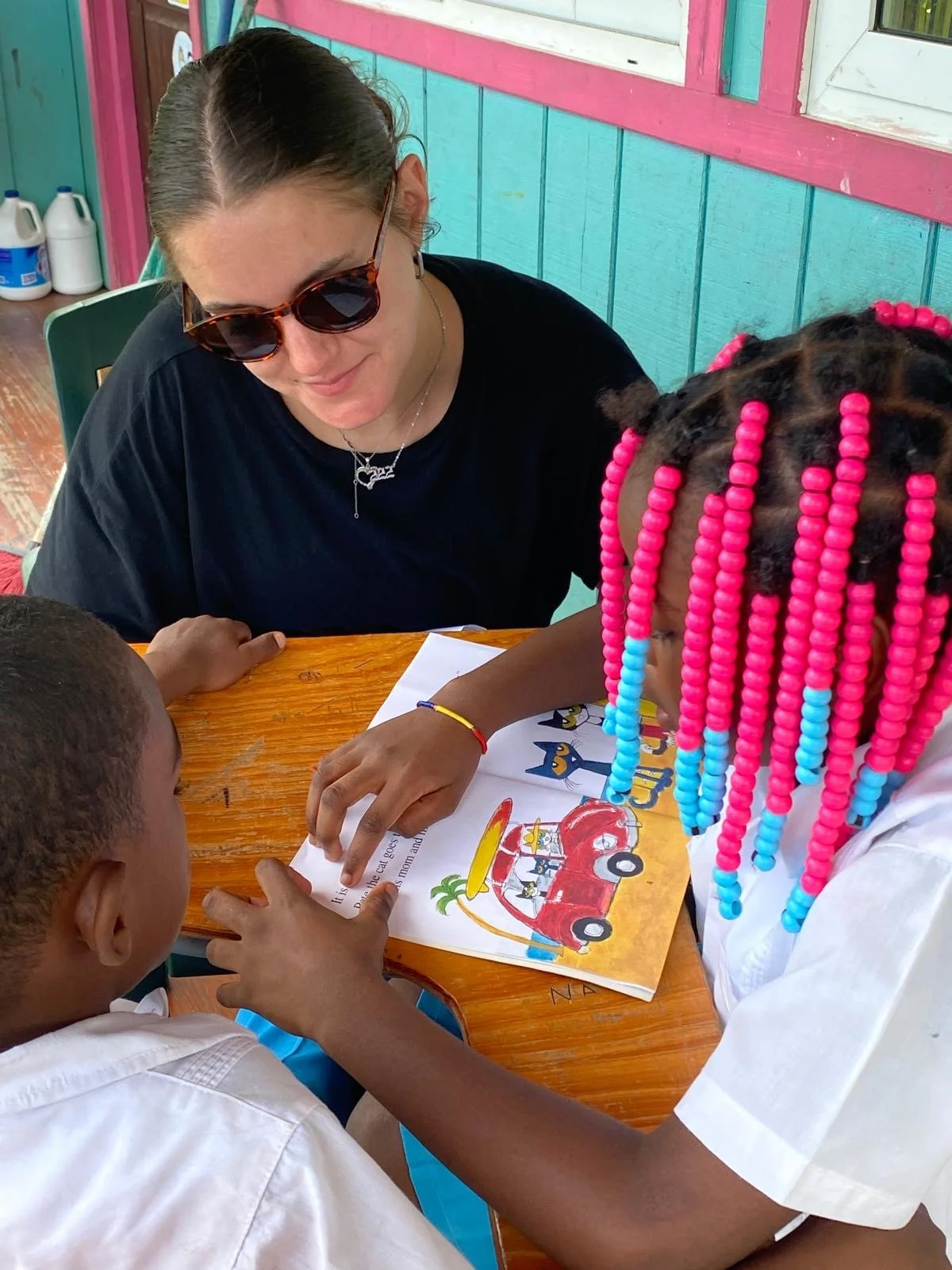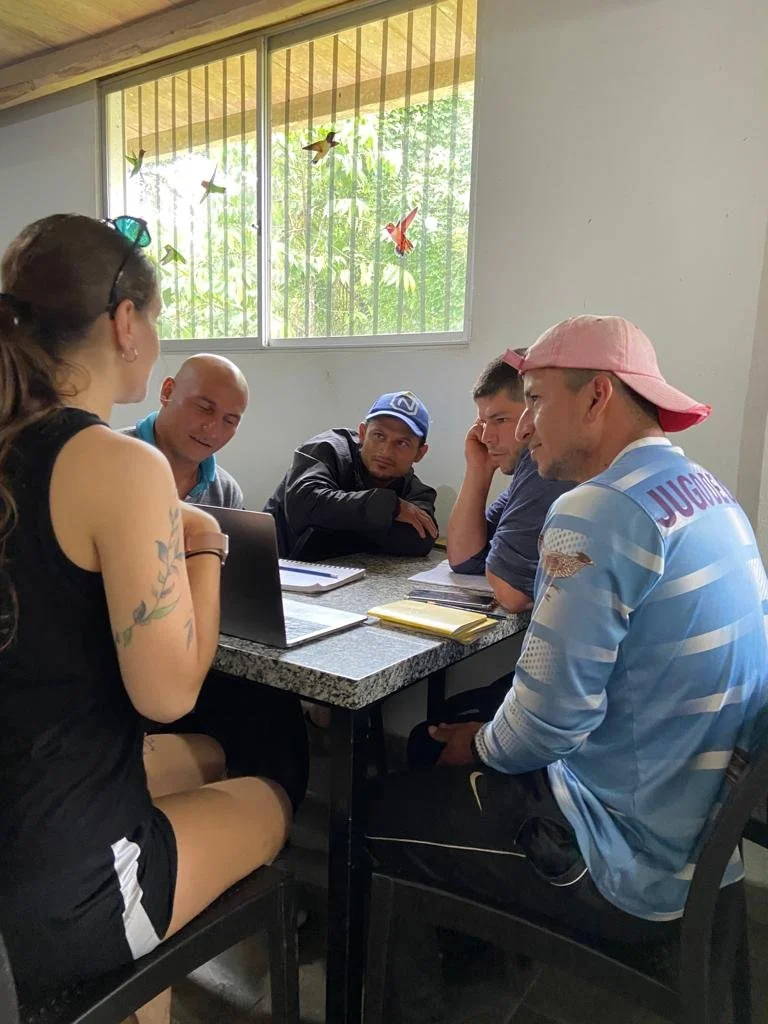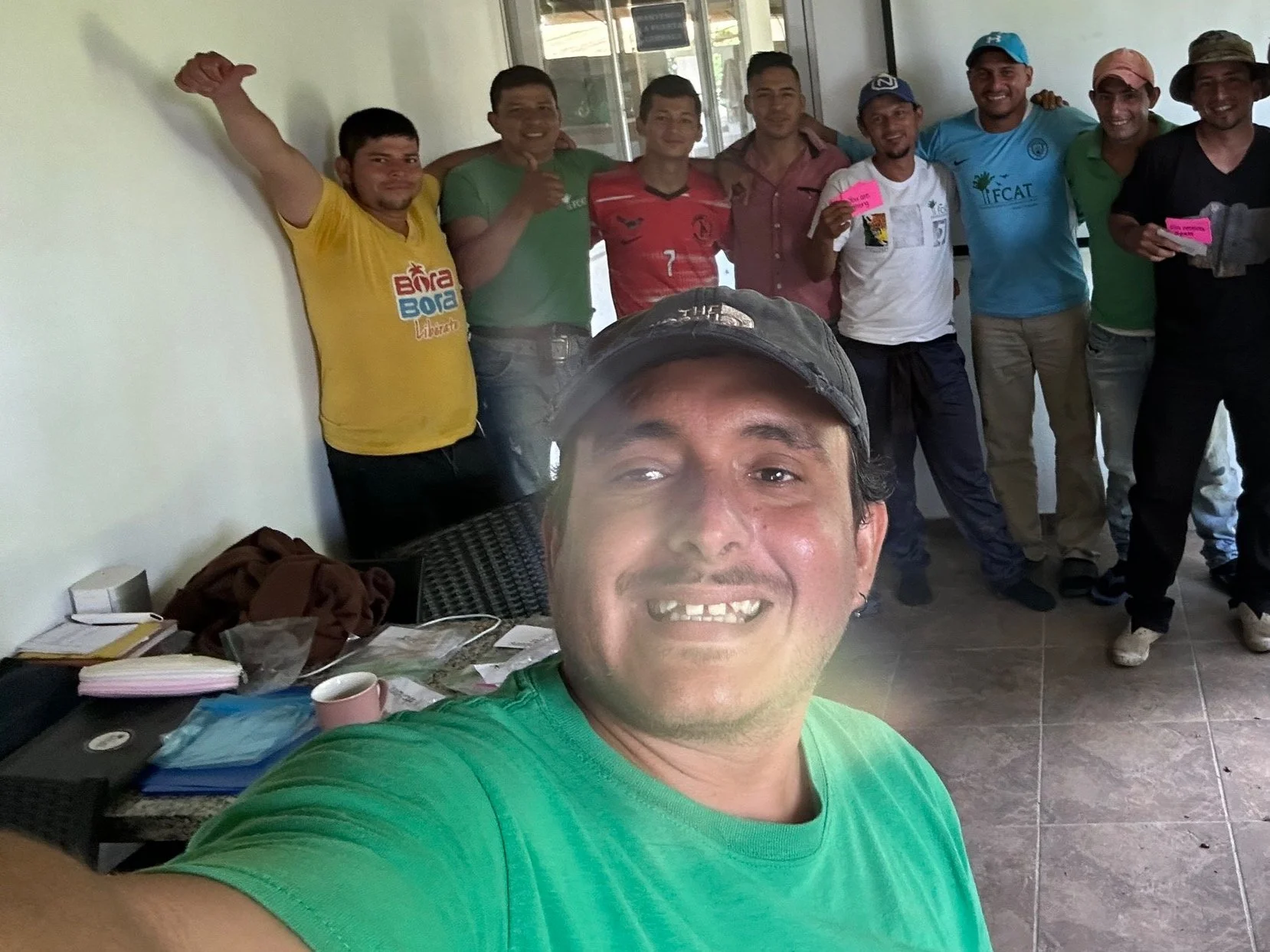
About Us
Environmental Conservation & Outreach Unity
To unite the conservation field by addressing global language barriers. Through cultural education for researchers, English language education for international citizens, and conservation education, we aim to create a connected network where knowledge flows freely, fostering collaborative efforts for a sustainable planet.
Our Mission
But Why?
The conservation literature, particularly in regions like Central and South America, largely exists in non-English languages, often overlooked in global discourse. Ignoring this wealth of knowledge results in missed opportunities for valuable insights and local expertise crucial for effective conservation. Additionally, systematic differences in statistical results between English and non-English studies can bias evidence syntheses, potentially leading to flawed conservation policies. Language limitations and insufficient English proficiency among local experts hinder their contribution to global efforts and impede communication within local communities, further complicating conservation efforts.
Outreach Initiatives Values
At ECO Unity, we are committed to extending our impact beyond the scientific community by engaging in community outreach and prioritizing the education of underprivileged communities. We believe that empowering local communities with conservation knowledge and language skills is essential for sustainable development. By providing accessible education and fostering a deeper understanding of conservation issues, we aim to build resilient communities that can actively participate in protecting their natural environment. Our outreach initiatives seek to bridge educational gaps and ensure that all voices are heard in the global conversation on conservation.
Meet our team!
BS. Biology, Secondary Education
Executive Director, Founder
Emily Houtz
“For me, this project represents the convergence of my passions: conservation and teaching. It is an opportunity to not only contribute to the conservation efforts but also to grow personally and professionally. By adapting and sharing this curriculum with the wider community, I aim to foster a culture of knowledge exchange and collaboration, empowering individuals to become changemakers in their own right”.
MS. Ecology and Evolutionary Biology
Carlos Iudica
Abby Chaplin
Mason Barndt
Josh Parson
Discover Your Journey
FAQs
-
Currently, we exclusively provide English language courses. However, we aim to broaden our offerings to include additional languages in the near future.
-
ECO Unity distinguishes itself by its exclusive focus on conservation science and its application in ESL training. Unlike generic language programs, we tailor our curriculum to the needs of conservation researchers, ensuring relevance and effectiveness in real-world conservation contexts. Additionally, ECO Unity is focused on creating community and relationships amongst its stakeholders.
-
Success is measured by improvements in language proficiency among participants, increased engagement in conservation activities, and the establishment of partnerships for sustainability. Continuous evaluation and feedback mechanisms ensure ongoing program effectiveness and relevance.
-
The study abroad program offers a unique opportunity for hands-on ESL training for conservation stakeholders at FCAT in Ecuador. Tulane undergraduate student teachers facilitate ESL classes, fostering better communication and collaboration among local stakeholders and international researchers.
-
Addressing the language barrier in conservation research is crucial for several reasons. Firstly, a significant portion of conservation literature, particularly in regions like Central and South America, exists in non-English languages. However, this wealth of knowledge is often overlooked, leading to exclusion from global discourse. Ignoring non-English literature can result in missed opportunities to access valuable insights and local expertise, which are essential for effective conservation action.
Furthermore, studies have shown that there can be systematic differences in statistical results between English and non-English language studies. Neglecting non-English studies can bias the outcomes of evidence syntheses, such as meta-analyses, potentially leading to flawed conservation policies and practices.
Moreover, local experts and practitioners, who are crucial for effective conservation efforts, often face challenges in publishing their work in English due to language limitations and insufficient English proficiency. This not only hinders their ability to contribute to global conservation efforts but also impedes communication and knowledge exchange within local communities.
By addressing the language barrier, we can ensure that scientific knowledge on conservation, especially from areas and species where little or no English-language evidence is available, is accessible to all stakeholders. This inclusivity not only enriches the global conservation discourse but also fosters collaboration, empowers local stakeholders, and ultimately leads to more effective conservation outcomes.









